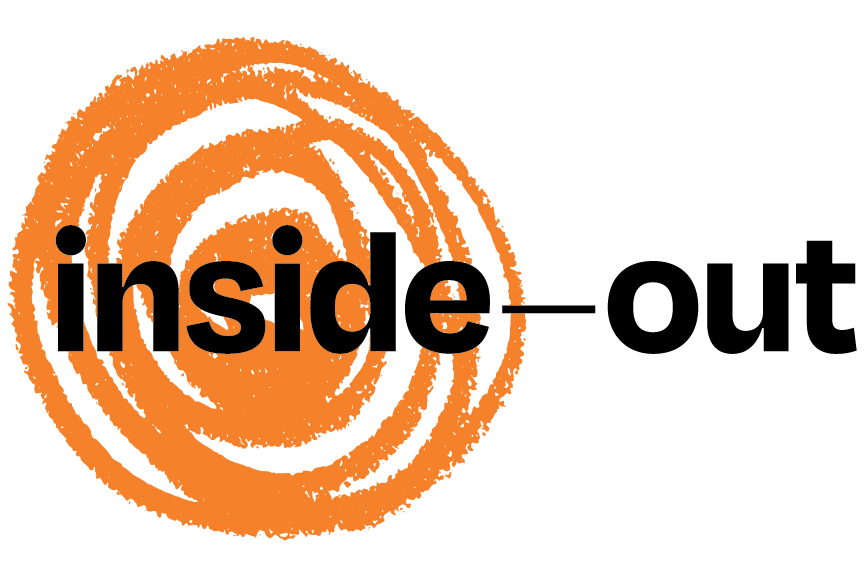What can white people do? Be willing to risk Thanksgiving
At a Zoom happy hour last week, as is the case with most of my conversations these days, the topic of conversation turned to racism. I've had racism conversations with groups of all white men (my book club after reading White Fragility, the demographic of which hasn't been even on my radar until recently), multigenerational groups of white people (various family gatherings, business conversations), individual people of color (many), but this happy hour is unique in that it is the only conversation in my life currently in which many people of various ethnicities meet in a single setting. So race coming up in that setting offered a unique opportunity to really dig in.
I jumped on late, when one of the black members was telling her story. It was not a new story. It was the one most white people have heard before, but with which we have previously contented ourselves with empathizing and moving on. It struck with a new resonance given the macro circumstances. A few other members of color then told the same story with different details, and I imagine I wasn't the only one wondering how in the hell I'd missed this for so long. Or if I'd seen it, how I'd justified doing nothing.
Other people talked during the happy hour as well. A white woman distanced herself from the conversation with statements like "I have always been colorblind" and "I always tell my kids that everyone is the same," which in the past would have been met with placid half-smiles but this time caused the first member who'd told her story to hyperbolically mime stabbing herself in the chest. That seems like progress. Another white person tried to shift the conversation from the open wound of racist racism toward a practical action plan to presenting grievances sufficiently watered-down to avoid politicians' defensiveness and enable them to listen. Expecting nodding heads and affirmation, this white person was called out by another member of color for prioritizing white people's comfort over black people's lives. This second white person was me. This also seems like progress.
It finally seems like we're really talking, maybe for the first time. Or more likely, black people have been talking all along, but some of us white people are really listening, for the first time. It's uncomfortable, but important.
Anyway, in this safe, vulnerageous space that was created, a space where real, two-way conversation was finally happening, at the end of it, participants thoroughly, emotionally spent, a white lady asked the question: "what can white people do?"
I heard this and felt at first a swell of pride, me being of the protest-going, blog-writing, racism-discovering type. I then felt a jolt of panic, me being of the enneagram 3 fixation, a normal reaction to a perpetual fear of not doing enough. I listened with rapt attention as the host of the conversation, a black entrepreneur and successful restauranteur, gave an answer that I've found myself repeating on multiple occasions to my white friends with the same question.
Asked "what can white people do to help?", the host said:
"Don't worry about black people. We got us. We got our stuff. We have a lot of work to do, and we have talented and driven people who can do that work. Help out as you can, but don't focus on us.
"Worry about yourselves. Worry about white people. Most white people still don't care. Most white people still won't listen, no matter what we say. We've been saying it over and over, and just because you hear us now most white people still don't. And we can't make them listen. But you can.
"What we need you to do is to talk to your people. Have the hard conversation with your uncle, or your parents, or other white people in your circle. Have that conversation even if it's hard. Even if it costs you Thanksgiving dinner. It's those white people we need on board to make real change, so we need you to have that conversation because it's a conversation that maybe nobody else can have."
Along with all the rallies one could attend, or all the money one could donate to all the different causes, I thought it worthwhile to pass along the thought that maybe the best thing we can do as white people is to simply have the hard conversations with our white friends and relatives. The people for whom our relationship itself might just be enough to get them to listen.
It's not easy. We may have to risk an awkward Thanksgiving, or even friendships. But it is pretty simple. We just have to do the work.
